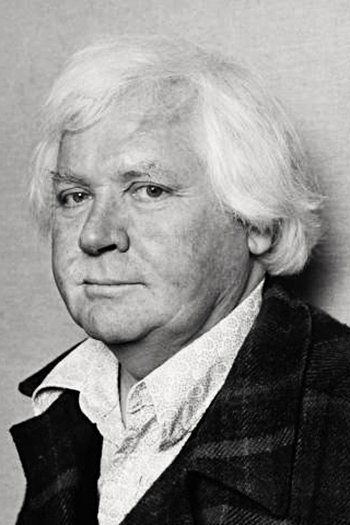
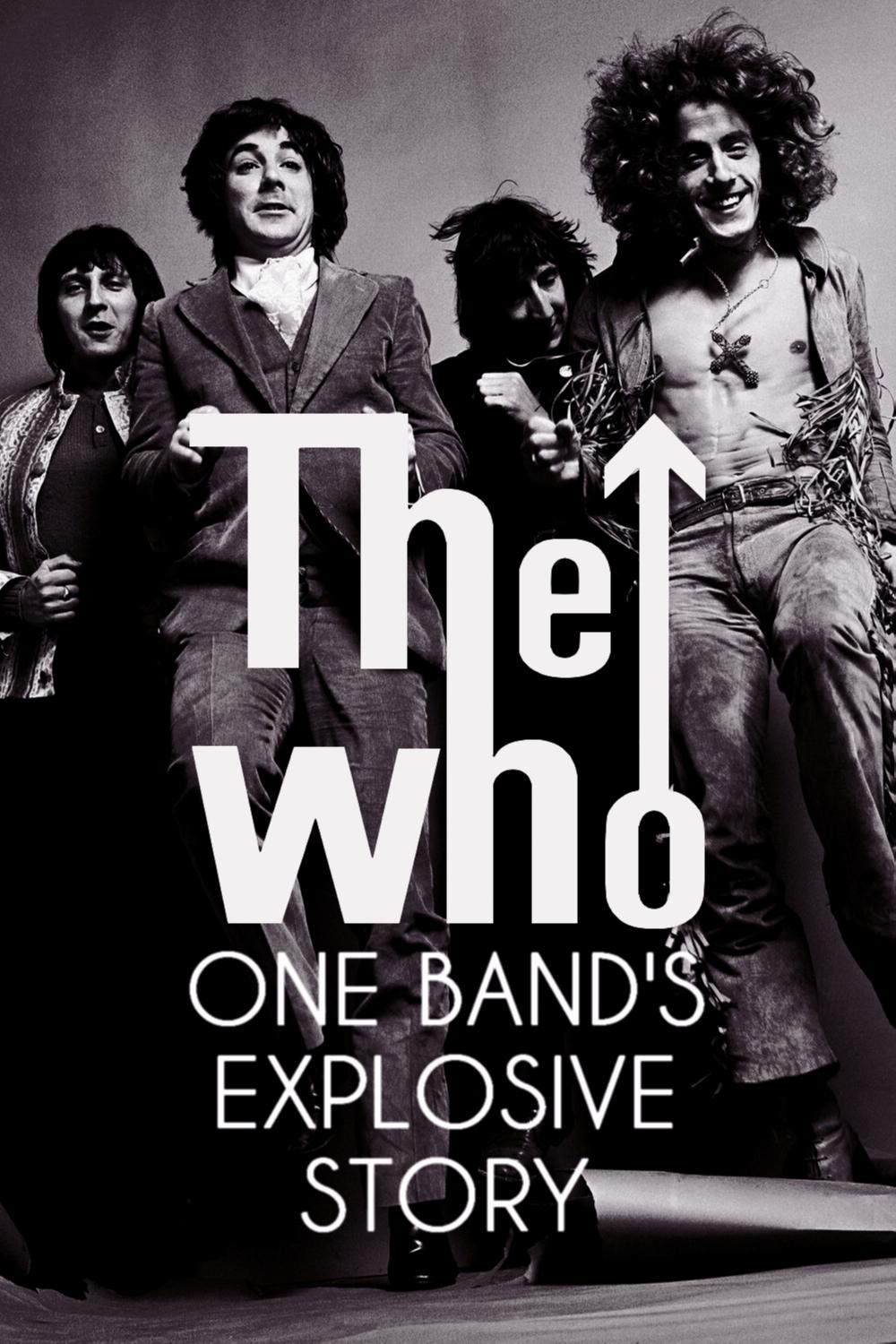
The story of Roger Daltrey (vocals), Pete Townshend (guitar), John Entwistle (bass) and Keith Moon (drums): The Who, one of the most original, creative and relevant British bands of the sixties and of the entire history of pop music.
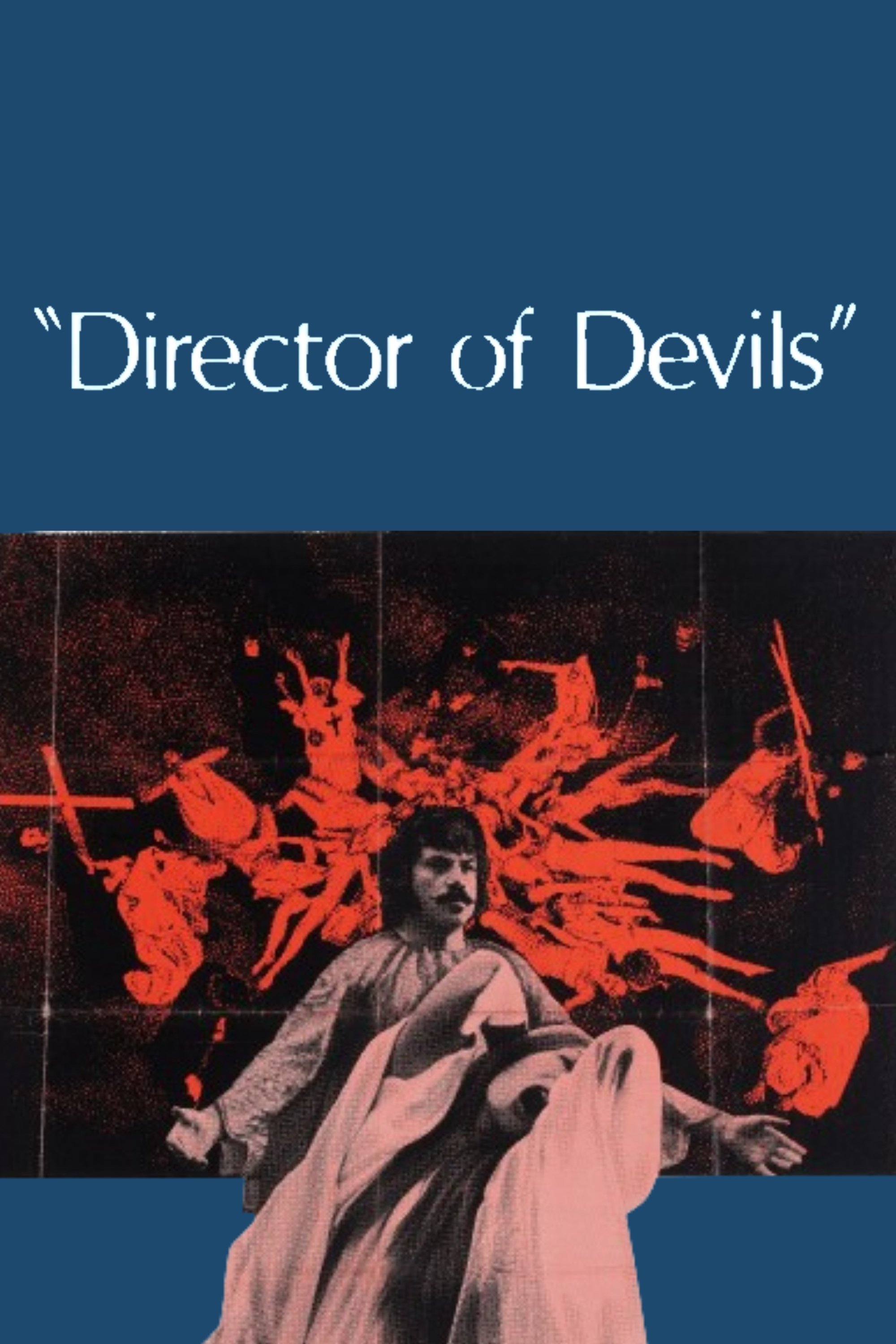
Behind the scenes of the making of Ken Russell's 1971 film 'The Devils. Shown are the construction of the sets, filming of the courtroom scene, the performance of the musical score for the execution scene.
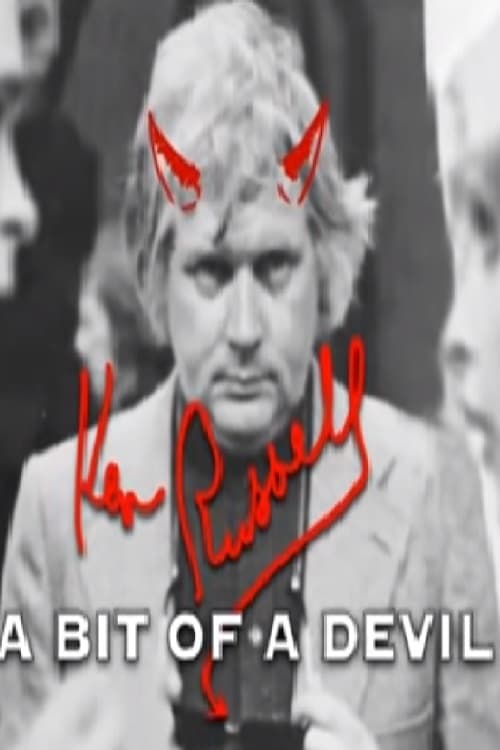
Following the recent death of Ken Russell, Alan Yentob looks back over the career of the flamboyant film director responsible for Women In Love, Tommy and The Devils. Friends and admirers - including Glenda Jackson, Terry Gilliam, Twiggy, Melvyn Bragg, Robert Powell and Roger Daltrey - recall a pioneering documentary-maker, talented photographer and fearless film director.
On-set footage of the film The Devils (1971) with commentary by editor Mike Bradsell
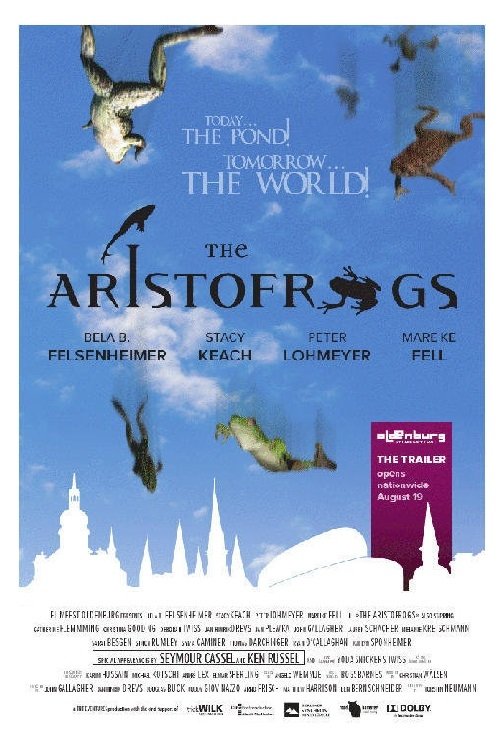
A short promotional film for the 2010 Oldenburg Film Festival consisting of various actors and film personalities telling a joke about an exceptionally talented frog.
A cine-opera retelling of the legend of Boudica, warrior queen and her uprising against the Roman occupiers of Britain.
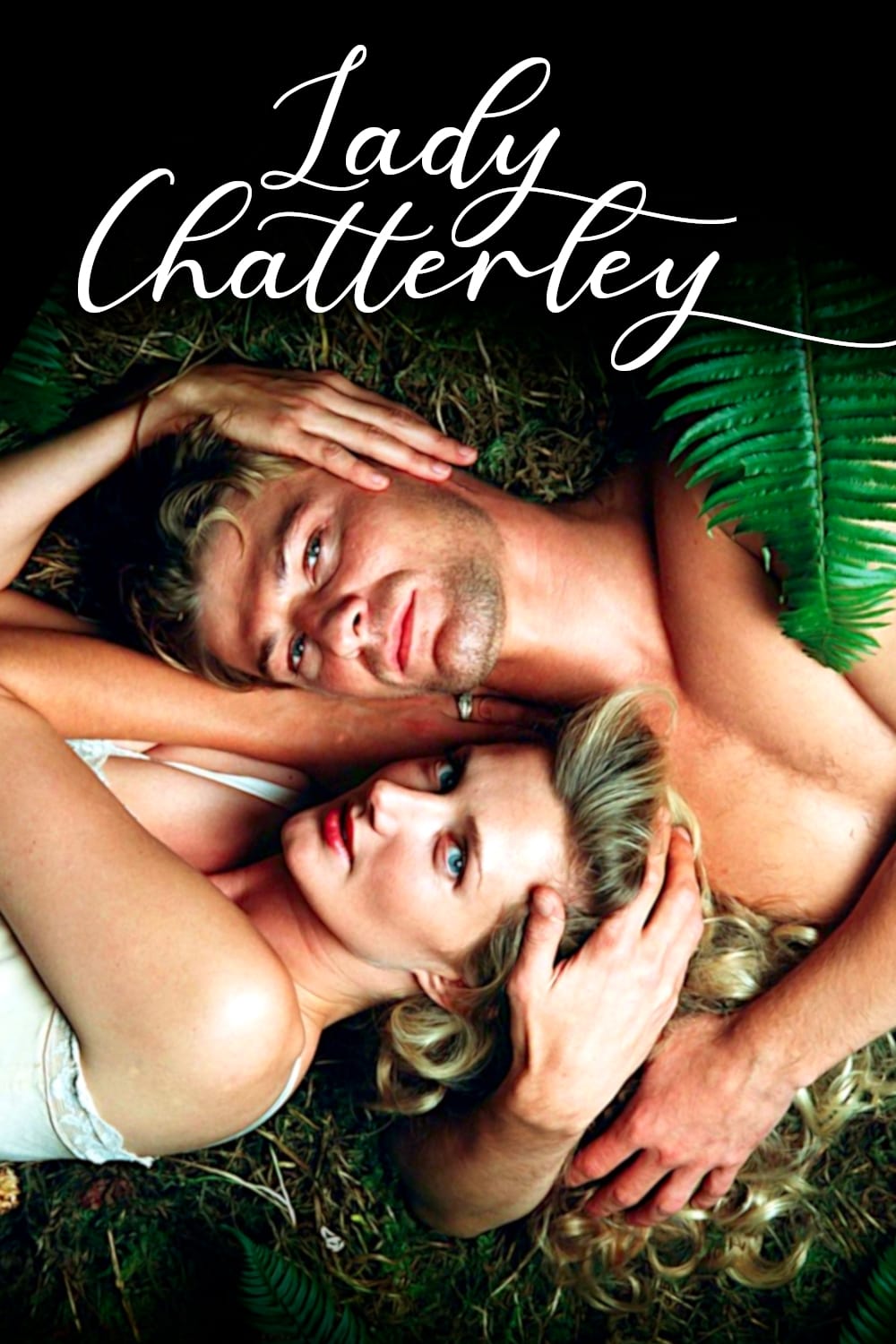
Lady Constance Chatterley is married to the handicapped Sir Clifford Chatterley, who was wounded in the First World War. When they move to his family's estate, Constance (Connie) meets their tough-yet-quiet groundskeeper, Oliver Mellors. Soon, she discovers that the source of her unhappiness is from not being fulfilled in love, and in turning to the arms of Mellors, she has a sexual awakening that will change her thoughts forever.

Barley Scott Blair, a Lisbon-based editor of Russian literature who unexpectedly begins working for British intelligence, is commissioned to investigate the purposes of Dante, a dissident scientist trapped in the decaying Soviet Union that is crumbling under the new open-minded policies.
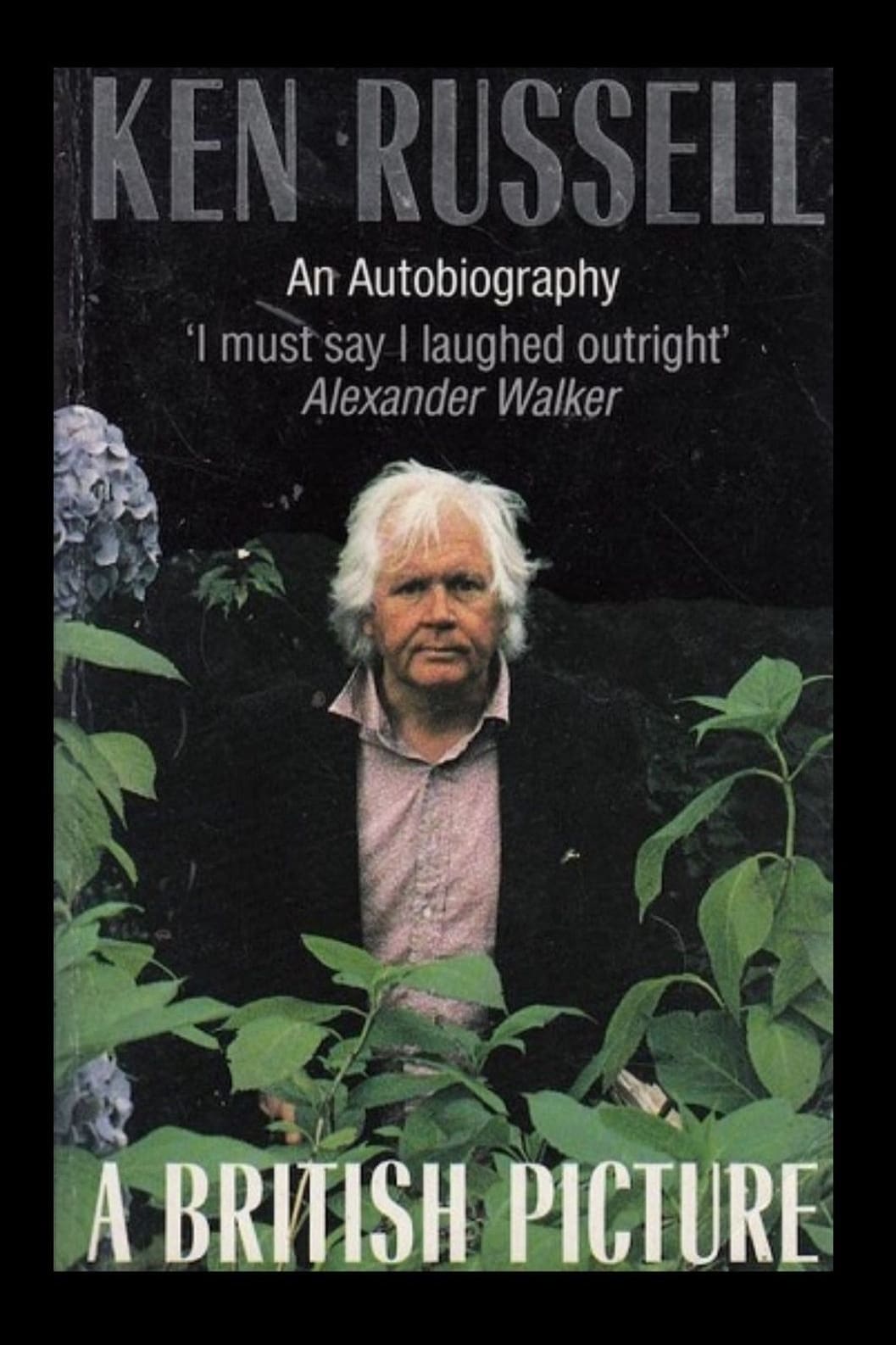
The updated autobiography of Britain’s most controversial film director, the maker of Women in Love, The Devils, The Music Lovers, Tommy and The Rainbow, is as unconventional and brilliant as his best films. Moving with astonishing assurance through time and space, Russell recreates his life in a series of interconnected episodes – his thirties childhood in Southampton, his first sexual experience (watching Disney’s Pinocchio), his schooldays at the Nautical College, Pangbourne, early careers in the Merchant Marine and the Royal Air Force, dancing days at the Shepherds Bush Ballet Club and of course his career as a film-maker, beginning with an extraordinary interview with Huw Weldon for a job on Monitor. Full of marvellously funny anecdotes and fascinating insights into the realities of the film director's life, A British Picture is a remarkable autobiography.
Henry Kenneth Alfred "Ken" Russell (3 July 1927 – 27 November 2011) was an English film director. He is known for his pioneering work in television and film, and for his controversial style. He has been criticized as being over-obsessed with sexuality and the church. His subject matter is often about famous composers, or based on other works of art which he adapts loosely. Russell began directing for the BBC, where he did creative adaptations of composers' lives which were unusual for the time. He also directed many feature films independently and for studios. He is best known for his Oscar-winning romantic drama Women in Love (1969), the notoriously controversial The Devils (1971), the rock musical Tommy (1975), and the science fiction film Altered States (1980). One noted admirer, British film critic Mark Kermode, attempting to sum up the director's achievement, called Russell; "somebody who proved that British cinema didn't have to be about kitchen-sink realism – it could be every bit as flamboyant as Fellini. He now makes very strange experimental films like Lion's Mouth and Revenge of the Elephant Man, and they are as edgy and out there as the work he made in the 1970s."
By browsing this website, you accept our cookies policy.